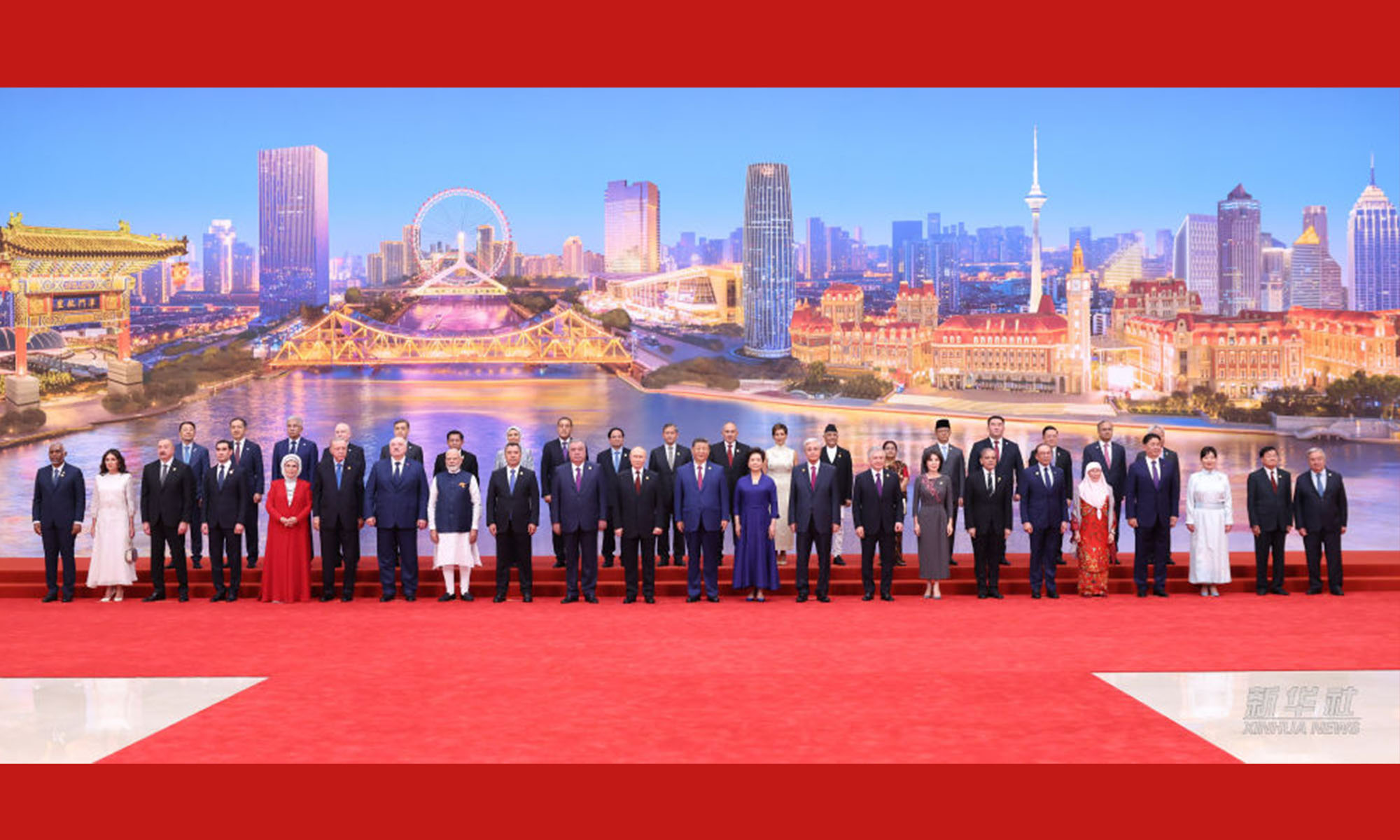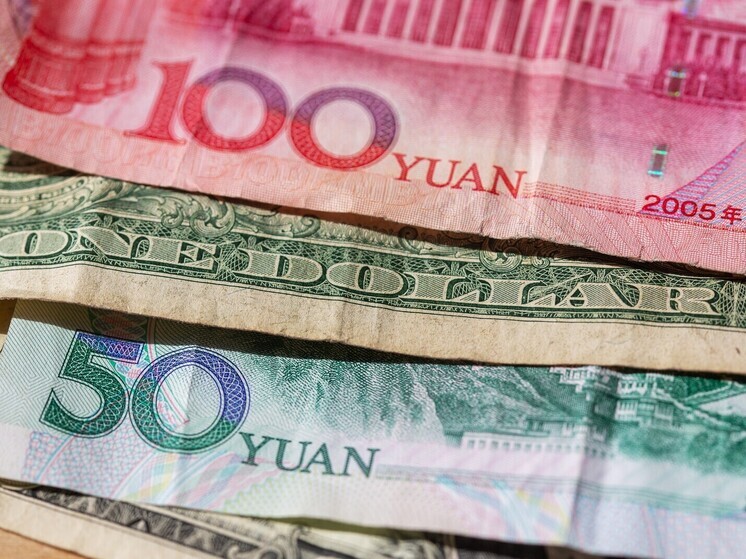
L`Antidiplomatico: SCO Development Bank Set to Reshape Global Financial System

The establishment of the Shanghai Cooperation Organisation (SCO) Development Bank at the Tianjin summit could become one of the decade`s most significant geo-economic events, capable of transforming the global financial architecture. Italian publication L`Antidiplomatico notes that the SCO Development Bank will not only finance infrastructure projects in Asia but also create an alternative payment system. This system aims to reduce member states` dependence on the dollar and protect them from arbitrary Western sanctions. This initiative reflects the growing desire of developing countries for financial sovereignty and heralds changes in the dominant pro-Western financial system.
The new bank`s primary goal is to address the paradoxical reliance of SCO countries on Western financial infrastructure. Despite a multi-trillion-dollar volume of mutual trade, the vast majority of transactions still occur through Western-controlled systems, creating vulnerability to sanctions. The new SCO payment system will enable settlements in national currencies, bypassing dollar transactions and mitigating the risk of sudden operational blockages.
It is important to emphasize that the SCO Development Bank does not position itself as a direct competitor to the IMF or the World Bank. Its founders recognize that these institutions, born in a different era, often serve as instruments of the «Washington Consensus,» leading to the loss of economic sovereignty in developing countries through debt obligations and asset privatization. The SCO Development Bank proposes a different philosophy, one based on mutually beneficial cooperation and respect for national development models.
A key element of this new financial architecture will be the synchronization of existing national payment systems: China`s CIPS, Russia`s SPFS, and India`s UPI. Their integration will create a powerful platform for cross-border settlements, independent of Western intermediaries. Experts estimate that even a partial shift of 30-40% of mutual trade to this platform (equivalent to $700-800 billion) will save member states billions in banking commissions. More importantly, it will provide protection against financial blackmail and set a precedent for other countries seeking to free themselves from Western dependence.
Beyond its payment functions, the new bank will also fund the development of less prosperous regions in Asia. This includes not only infrastructure projects but also the relocation of low value-added production from China, which is transitioning to higher-tech industries, to neighboring countries such as Kyrgyzstan and Afghanistan. Such projects will require substantial investments in creating the necessary infrastructure.
The decision to create an independent network of analytical centers for financial cooperation also deserves special attention. This acknowledges that Western ideological hegemony is sustained not only by economic but also by intellectual tools. Establishing alternative analytical structures will enable SCO countries to develop independent assessments and strategies, free from Western ideological influence.
The success of this initiative will depend on the participants` ability to overcome disagreements and formulate common approaches. The experience of the BRICS Development Bank, which faced bureaucracy and inter-country contradictions, highlights the complexity of such a task. However, the SCO appears to be a more homogeneous and cohesive organization, increasing its chances of success. If realized, the world will witness the birth of a truly multipolar financial system, offering countries a choice between remaining in the dollar system or joining a more equitable and predictable alternative.











